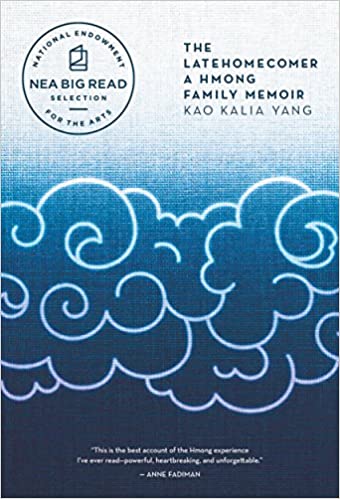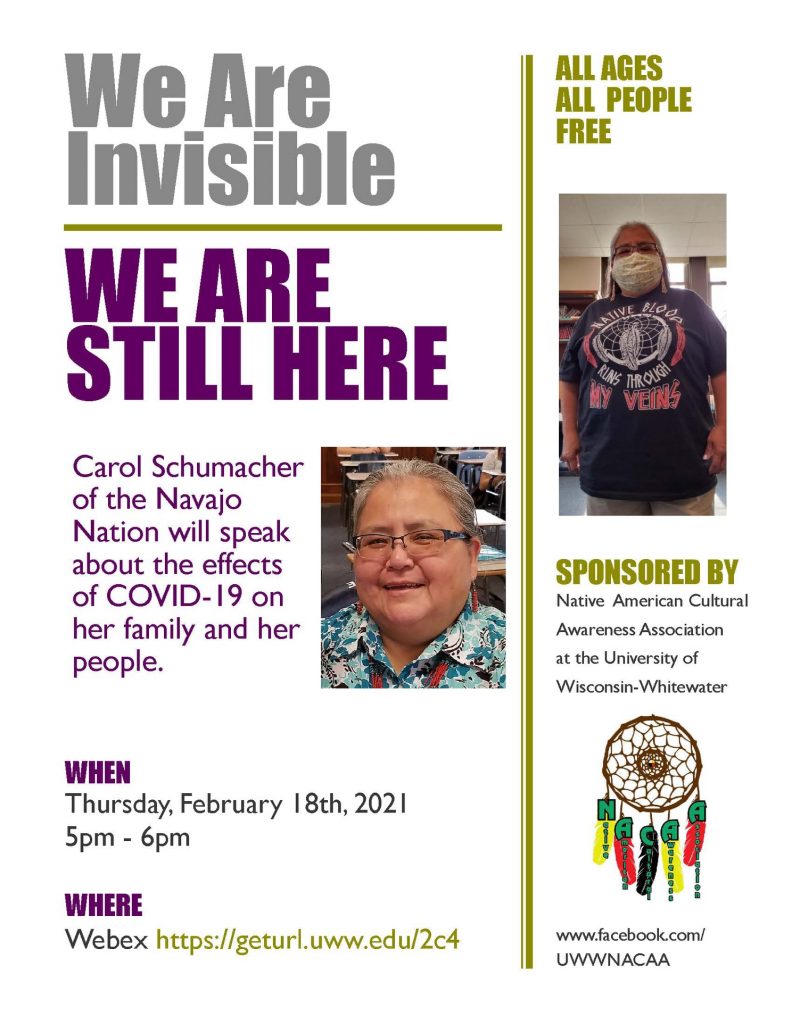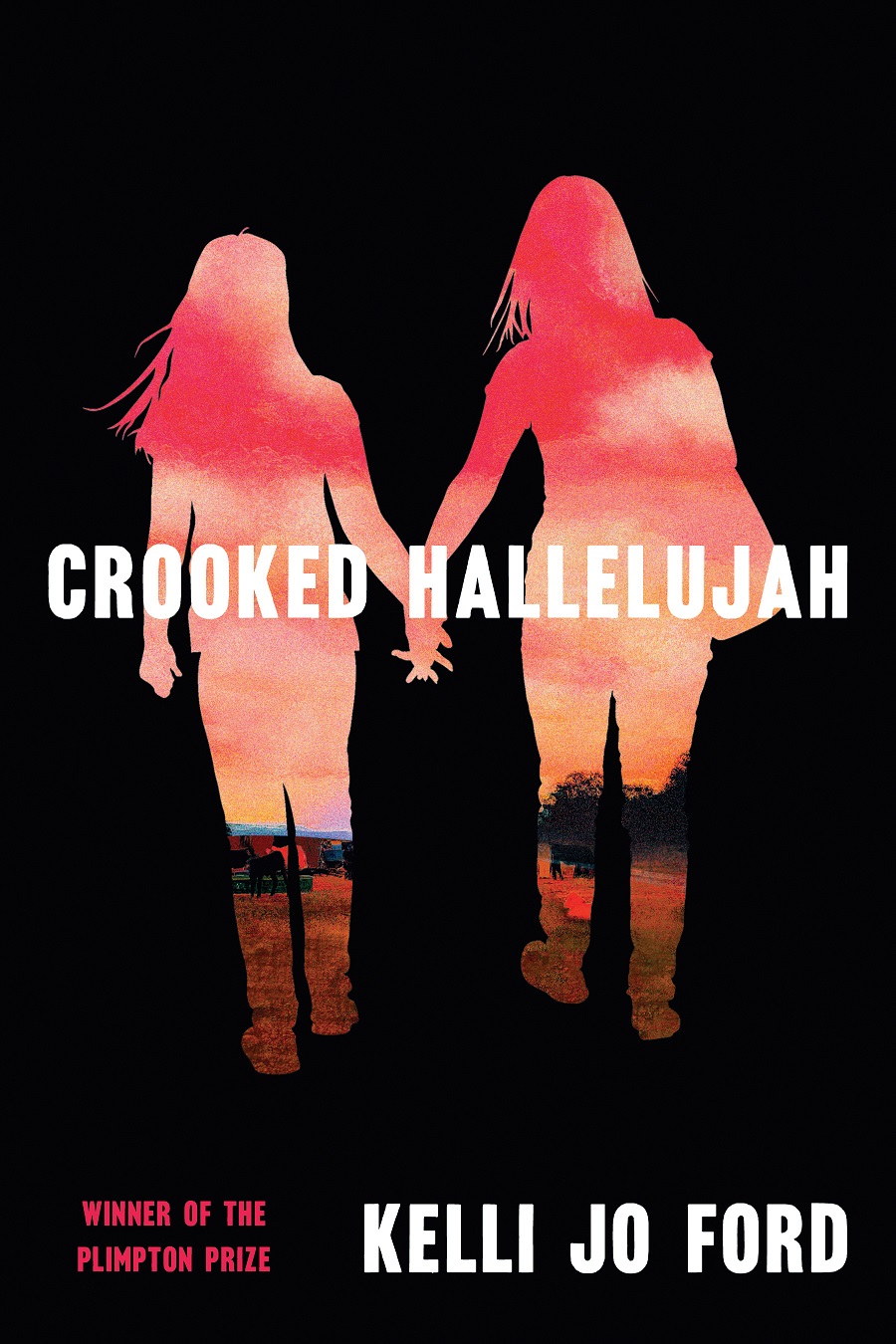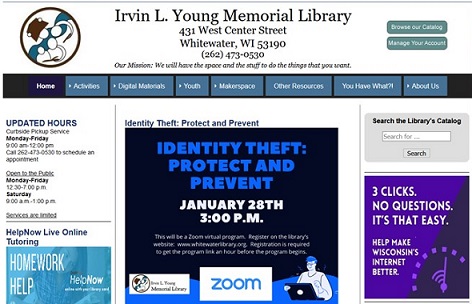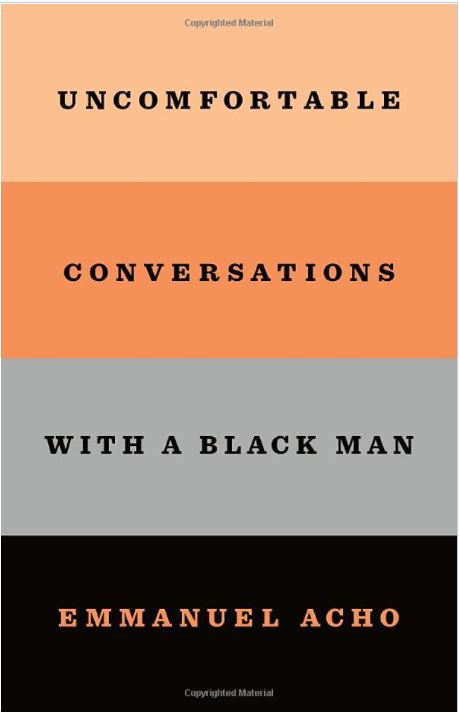
Uncomfortable Conversations with a Black Man by Emmanuel Acho
One in a series of reviews contributed by Chancellor Dwight C. Watson
In 1969, Dr. David Rueben wrote a very controversial book entitled, Everything You Wanted to Know About Sex, But Were Afraid to Ask. This was the book to read if you were an inquisitive teen in the 70s, and I, as well as many of my peers, carried their dog-eared paperback versions in their backpacks. After reading Acho’s book, I thought that this easily could have been named, Everything You Wanted Know About a Black Man, But Were Afraid to Ask. To understand complex issues, a guide is sometimes necessary to assist in answering questions that are intriguing, but dare not be asked.
The purpose of the book Uncomfortable Conversations with a Black Man is Acho’s personal gift to us all. He recognizes that it is uncomfortable to ask, but the burning intrigue is still there, so he makes it easy in that he discloses and the reader can learn without exoticizing a race or gender. Often the fascination and spectacle of a subject can in fact be a derogatory exclamation of objectification. No person wants to be treated as an object or a museum piece. Acho recognizes this and becomes the reader’s personal docent. He acts as a guide or teacher so that the reader can understand the subjectivity, nuance, and subtlety of the Black man and not simply gaze in wonder at the object.
Mr. Acho is a former National Football League linebacker from the Philadelphia Eagles and the Cleveland Browns. Due to multiple injuries his career was short-lived, but he parlayed his University of Texas-Austin business degree, communication skills, and football acumen to become a sports analyst for ESPN. In early summer 2020, Acho began a series of video interviews entitled, “Uncomfortable Conversations with a Black Man,” hoping to address issues of race in America. The book of the same name was released on November 10, 2020, which sold 18,000 copies in its first day.
To culminate Black History Month, the Division of Equity, Diversity, Inclusion, and Support Programs sponsored a panel to discuss the book. I had the incredible opportunity to be on the panel. Our moderator, was Aaron Broadwater, a young man seeking his master’s degree here at UW-Whitewater. Mr. Broadwater was masterful as he navigated the three panelists through the provocative book which dealt with topics pertaining to White Privilege, the N-Word, Angry Black Men, Systemic Racism, Thug Life, and Interracial Coupling. The book was divided into three parts – Part I: You and Me, Part II: Us and Them, and Part III: We. Each chapter consisted of an introduction to the topic, “Let’s Rewind” – a history lesson; “Let’s Get Uncomfortable” – in which the author unpacks the authenticity of the topic; and “Talk It, Walk It” – resources to engage further in the topic.
I found the book to be an extremely fast read that was informative, engaging, and real. I recommend the book for any person who have questions about Black men and their successes, barriers, and cultural attributes shared with unbridled transparency. To better understand the book, watch the recorded discussion below, and follow the outline of the moderator’s script for the panel on the book Uncomfortable Conversation with a Black Man.
Moderator Outline:
Event Introduction Notes
This is not an uptight type of segment or discussion it’s realistic and real.
– questions you may have thought of but were nervous to ask, get answered in this book and we hope to answer in our discussion today
Each chapter title starts with a question, each of which is from a real email the author received in response to his podcasts and video series.
The first two parts are titled “You and Me” and “Us and Them” because to get anywhere with these uncomfortable conversations, we need to acknowledge that we’re starting from different places.
The last part is titled “We” because after addressing some of our differences of experience and gaps in understanding there’s also so much room for Black and White Americans to work together, to understand, and empathize with each other’s humanity.
Part I: “You and Me”
Section 4: The Mythical Me – Angry Black Men
Amy’s Question: “I have unfortunately encountered many Black people who seem hellbent on hanging the history of slavery and racism and inequality around every single White person’s neck. Who are unwilling to give grace if we ask questions to try and understand how we can be better. They are angry and I’m not saying it isn’t justified—anger is a form of grief and its allowed to a degree within the law. But if we all genuinely want to move forward, this is an obvious problem.”
Question: Regarding the previously stated question what would be your response to Amy? And does her response push forward the angry black man theory?
*Follow up question: What are your thoughts on the angry Black man theory? And how do you feel that effects the black community?
* Laurie Cassidy’s article “The Myth of the Dangerous Black Man” she invites the reader into a thought experiment – – – Imagine you are walking down a dark city street at night, and encountering a trio of young black men what would you do?
Question: How has demonizing the Black man affected the way you move in White society?
*Follow up question- Do you all believe other races are equally disturbed by the myth of the angry Black man and what’s happens as a resort of this myth?
Section 3: The False Start – White Privilege
Maria’s Question: “Do you believe that, with time, White privilege can be eliminated?
“Race doesn’t really exist for you because it has never been a barrier. Black folks don’t have a choice”
-White Privilege defined: “Say you and I are in a race and the starting line official held me back for the first two hundred meters, giving you a two- hundred-meter head start. If that were to happen, the only way to level out that race would be to either stop you from running or out me on a bike to catch up to you”
Question: What are your thoughts regarding the term “White Privilege” and why do you believe the term White Privilege is not fully agreed on or accepted by certain people within the White community?
-Explaining the difference in starting positions in our race: Starting Point Lincolns Emancipation Proclamation,
- What about the argument that there are rich Black people, are they still un-privileged?
Note: “White privilege is about the word White, not rich. It’s having advantage built into your life. Not saying your life hasn’t been hard; it’s saying your skin color hasn’t contributed to the difficulty in your life.”
Question: What are your thoughts on Equity vs. Equality? What is the difference and why do you feel it is important to understand both?
Part II: “Us and Them”
Section 1: The House Always Wins – Systemic Racism
Brianne Question: “What systems are racist that need to be changed now? I have heard arguments about things related to housing and schools not being as well funded, which both seem to be more economic issues than race issues. I can see how in the past the now-grandparent generation may have suffered from racism under redlining and other practices that are now illegal. I also see how that can have lingering effects. However, I see those racist issues as having been dealt with.”
Question: Referencing the previously stated question what are your thoughts regarding the final statement made by Brianne “I see those racist issues as having been dealt with.” What would your response be?
*Follow up question – What are your thoughts when White people claim poverty is an economic issue instead of a race issue? Do you agree or disagree and can you explain?
– Systematic Racism is the legitimizing of every dynamic, historic, cultural, political, economic, institutional, and person-to-person that gives advantages to White people, while at the same time producing a whole host of terrible effects for Black people and other people of color
Question: Does systematic racism help make it the national norm to utilize unfair treatment of people of color? If you can could you explain your thoughts?
Section 2 – Thug Life/Justice for Some
John Dilulio quote: “They kill or maim on impulse, without any intelligible motive… The buzz of impulsive violence, the vacant stares and smiles, and the remorseless eyes… they quite literally have no concept of the future… They place zero value on the lives of their victims, whom they reflexively dehumanize… capable of committing the most heinous acts of physical violence for the most trivial reasons… for as long as their youthful energies hold out, they will do what comes ‘naturally’: murder, rape, rob, assault, burglarize, deal deadly drugs, and get high.”
Super Predator term:
Introduced 1995 in the White House, by Princeton Professor and criminologist John Dilulio who introduced President Clinton to the term “Super Predator.”
Question: What are the long-term implications of this type of classification on the Black community? Does this give the masses the ammunition to further demonize the Black community?
* Most violent crimes against White people are perpetrated by White people. “People generally commit crimes against people of the same race.”
Question: What is your take on “Black-on-Black” violence and how its portrayed in the media? Why don’t we highlight “White-on-White” violence?
* Follow up question- How is “Black-on-Black” crime a misleading term without proper context?
Question: Why don’t we hear people referencing white people killing White people as “White-on-White” crime?
Part III: “We”
Section 2: Good Trouble – Fighting for Change
“Why aren’t the people obeying direct orders from police? Why are they resisting arrest? Any light you could shed on this would be greatly appreciated.”
Question: When hearing these types of statements especially during the social justice turmoil we are experiencing today, how does this make you feel?
When thinking about protests, riots, rebellion and massacre who gets to decide which is which, and then how do they get to enforce those decisions?
Question: What are your thoughts on how different movements or groups of people are classified? Is there a bigger issue at play that we need to discuss?
Question: What are your thoughts on the different ways an oppressed group deals with social injustice issues? Do you have an idea on what is the best course of action is or should be?
Section 3: Your Presence is Requested – How to Be an Ally
Michael’s question: “So, my question is, on the daily, on the street, what is the best way for me to let someone know that I care? That I am an ally? That I feel their pain? I want to learn more and to help if I can. With sincerity, and compassion, and without coming across as fake or with an ulterior motive?”
Question: If you three where asked this specific question how would you respond?
Where can a potential ally start if they want to do more for marginalized groups
Ally defined – an ally is a person from an empowered group who acts to help an oppressed group, even if it costs them the benefits of theory power. As an ally you must be willing to risk your White privilege in the name of justice and equality for marginalized voices.

